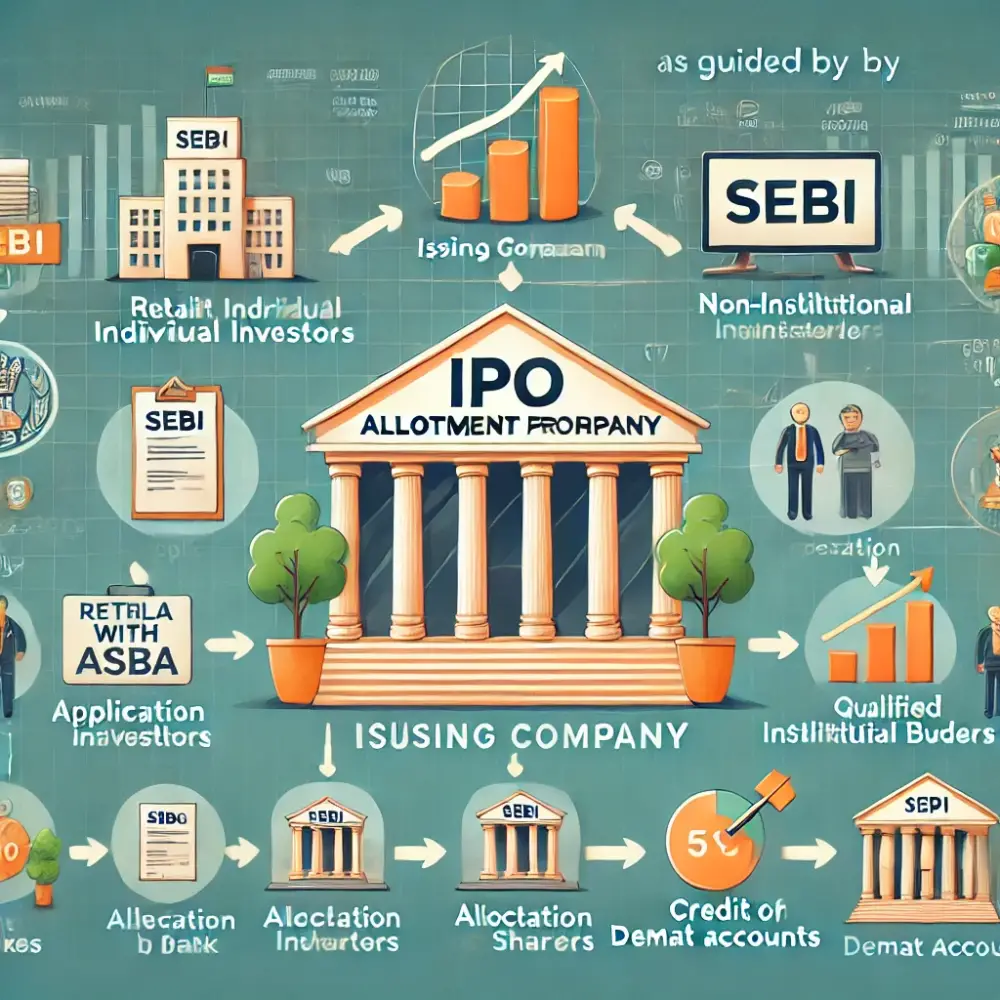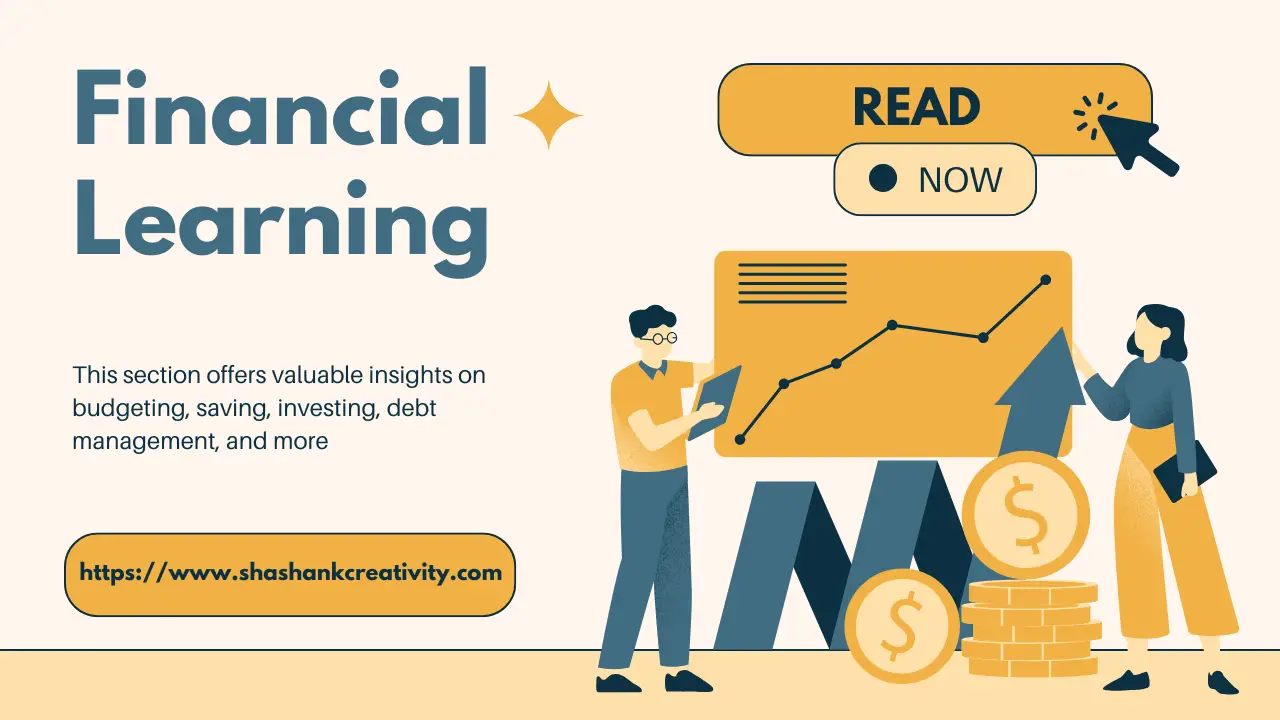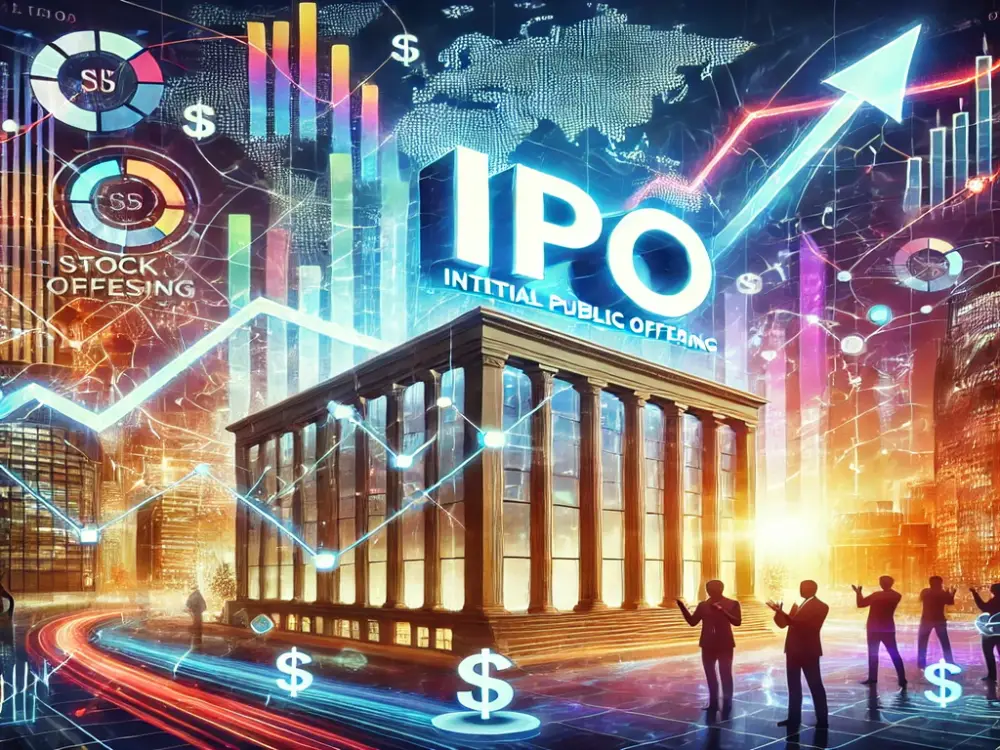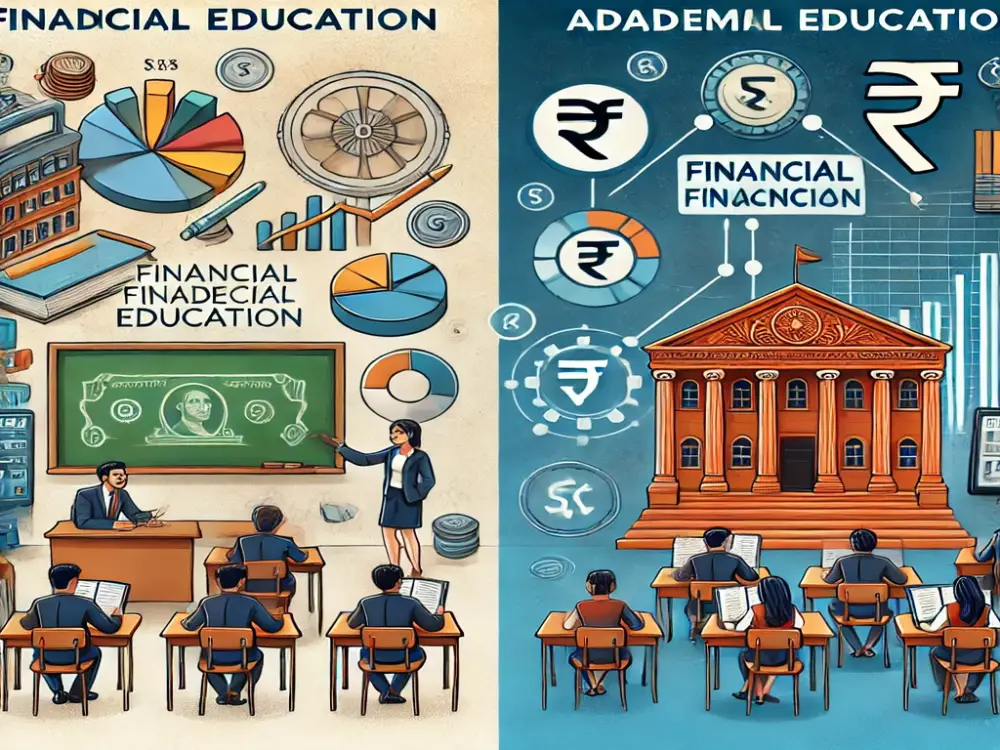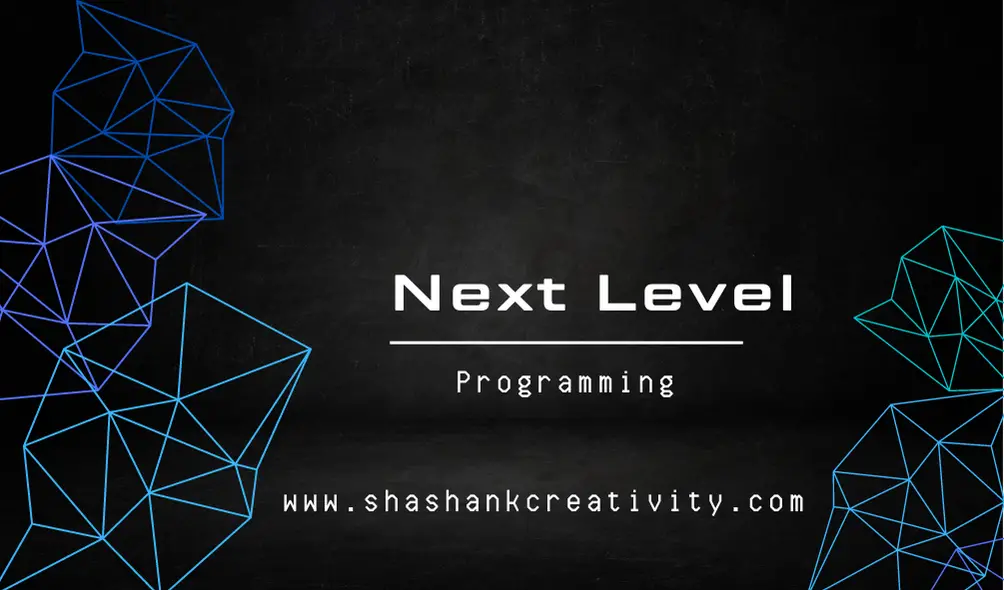From Turmoil to Transformation: Unraveling the Russian Revolution and Its Global Impact
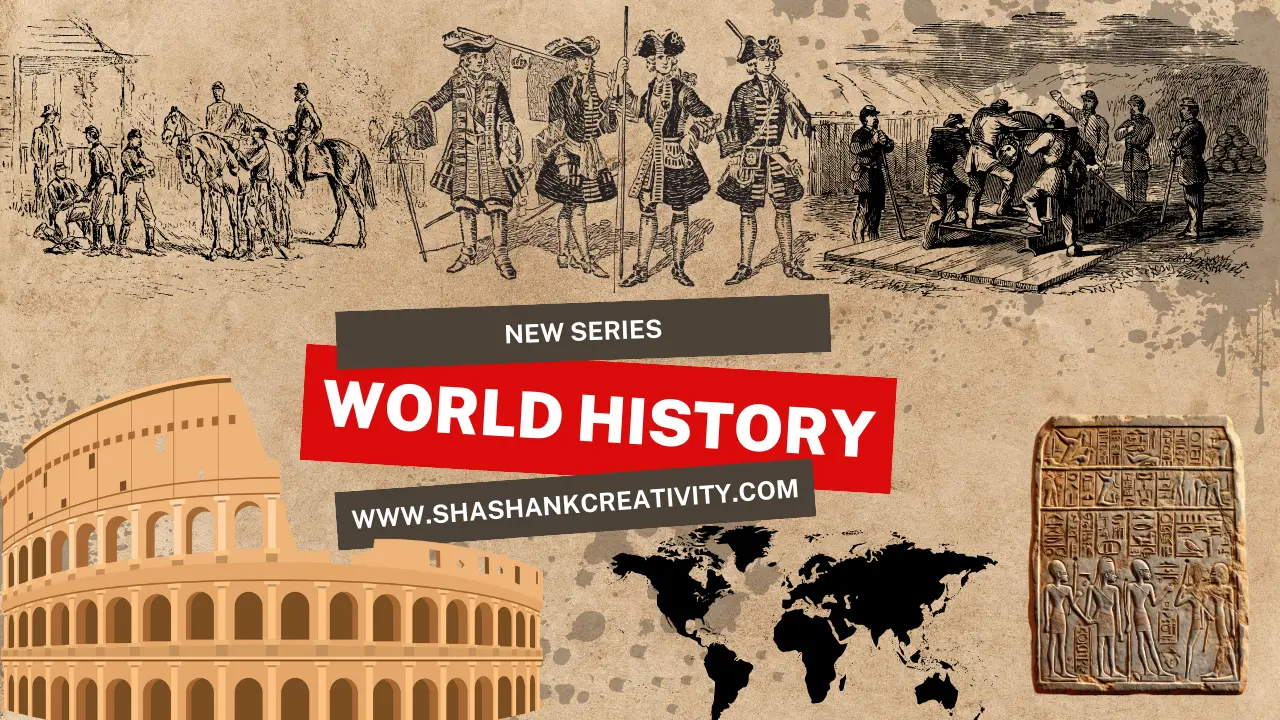
From Turmoil to Transformation: Unraveling the Russian Revolution and Its Global Impact
1. Introduction: Setting the Stage
In this blog, we will explore one of the most significant events in modern history that shaped the course of the 20th century. The Russian Revolution was a period of intense political and social upheaval that took place in Russia from 1917 to 1923. It marked the end of the Romanov dynasty and the birth of the Soviet Union. Let's set the stage for this captivating journey through history.
2. The Causes of the Russian Revolution
To understand the Russian Revolution, we must first explore its underlying causes. The revolution was a culmination of various political, economic, and social factors that had been brewing in Russia for decades. One of the primary causes was the autocratic rule of the Romanov dynasty, which had been in power for over three centuries. The Russian people were growing increasingly discontented with the oppressive regime and yearned for political reforms and greater freedoms.
Additionally, Russia's involvement in World War I further exacerbated the existing tensions within the country. The war placed an enormous strain on the economy, leading to widespread food shortages, inflation, and poverty. These dire conditions fueled the revolutionary fervor among the Russian population.
Furthermore, the stark social inequality prevalent in Russia at the time played a significant role in sparking the revolution. The majority of the population, consisting of peasants and industrial workers, faced harsh living and working conditions, while a small elite class enjoyed immense wealth and privilege. This stark contrast created deep resentment and a desire for a more equitable society. These are just some of the key causes that set the stage for the Russian Revolution.
3. The Impact of the Russian Revolution on the World
The Russian Revolution had a profound and far-reaching impact on the world stage. It not only transformed Russia but also sent shockwaves throughout the international community. The revolution inspired and influenced revolutionary movements in other countries, particularly those struggling against colonial rule and oppressive regimes. The success of the Bolsheviks in overthrowing the Russian monarchy gave hope to oppressed people around the world, who saw the possibility of achieving their own liberation through revolution.
Furthermore, the establishment of the Soviet Union as the world's first socialist state challenged the existing global order dominated by capitalist powers. This ideological confrontation between communism and capitalism, known as the Cold War, shaped international relations for decades to come. The Russian Revolution also had significant economic consequences. The nationalization of industry and land redistribution in Russia served as a model for other socialist and communist governments that emerged in the 20th century.
Moreover, the revolution had a profound impact on art, literature, and culture. The avant-garde movement, which sought to break away from traditional artistic conventions, flourished in the early years of the Soviet Union. Artists and writers were encouraged to explore new forms of expression that reflected the revolutionary spirit and ideals. The Russian Revolution also sparked debates and discussions about the role of art in society and its relationship to politics.
In conclusion, the Russian Revolution was a watershed moment in history with far-reaching consequences. Its impact extended beyond the borders of Russia and influenced political, economic, and cultural developments around the world. From inspiring revolutionary movements to shaping international relations, the Russian Revolution left an indelible mark on the course of the 20th century and beyond.
4. Key Players and Events during the Revolution
The Russian Revolution was a complex and tumultuous period in history, with numerous key players and events that shaped its course. Let's delve into some of the most significant figures and moments during this revolutionary time.
One of the central figures in the Russian Revolution was Vladimir Lenin. As the leader of the Bolshevik Party, Lenin played a pivotal role in organizing and executing the October Revolution of 1917, which led to the overthrow of the Provisional Government and the establishment of Soviet power. Lenin's ideas and leadership laid the foundation for the formation of the Soviet Union.
Another important figure during the revolution was Leon Trotsky. Trotsky was a key strategist and orator who played a crucial role in the success of the Bolsheviks. He was instrumental in organizing the Red Army, which defended the new Soviet government against counter-revolutionary forces during the Russian Civil War.
The Russian Revolution also saw the rise of Joseph Stalin, who eventually became the leader of the Soviet Union. Stalin played a significant role in consolidating power and implementing policies that transformed the Soviet Union into an industrial and military superpower. However, his rule was marked by authoritarianism and widespread repression.
In addition to these key figures, there were several pivotal events during the revolution. The February Revolution of 1917, sparked by food shortages and discontent with the war effort, led to the abdication of Tsar Nicholas II and the end of the Romanov dynasty. This event paved the way for the establishment of the Provisional Government.
Another crucial event was the October Revolution, also known as the Bolshevik Revolution. This uprising, led by Lenin and the Bolsheviks, resulted in the seizure of power and the establishment of a socialist government. The October Revolution marked a turning point in the revolution and set the stage for the subsequent civil war.
The Russian Civil War, which lasted from 1918 to 1922, was a major conflict that determined the fate of the revolution. It was fought between the Red Army, led by the Bolsheviks, and various anti-Bolshevik forces, including the White Army and foreign interventionists. The Red Army emerged victorious, solidifying Bolshevik control over the country.
These key players and events during the Russian Revolution shaped the course of history and had a lasting impact on Russia and the world. Their actions and decisions continue to be studied and debated, highlighting the significance of this transformative period.
5. Conclusion: Legacy and Lessons Learned
The Russian Revolution left a profound legacy and taught valuable lessons that continue to resonate today. This transformative period in history not only shaped the course of Russia but also had a significant impact on the world.
One of the key legacies of the Russian Revolution is the establishment of the Soviet Union. The revolution led to the formation of a socialist government, with Vladimir Lenin at its helm. The Soviet Union emerged as a major global power, challenging the existing world order and promoting socialist ideals.
However, the revolution also highlighted the challenges and complexities of implementing a socialist system. The Soviet Union faced numerous economic and political struggles, including famine, repression, and a centrally planned economy that often stifled innovation and individual freedoms.
The Russian Revolution also demonstrated the power of grassroots movements and the ability of ordinary people to effect change. It showed that when individuals unite and mobilize for a common cause, they can challenge entrenched power structures and bring about radical transformations.
Furthermore, the revolution underscored the importance of addressing social and economic inequalities. The discontent among the Russian population, fueled by poverty, food shortages, and inequality, played a crucial role in sparking the revolution. This serves as a reminder that addressing these issues is vital for maintaining social stability and preventing widespread unrest.
The Russian Revolution also had a profound impact on international relations. It inspired and influenced revolutionary movements around the world, particularly in countries facing similar socio-economic challenges. The ideas and principles of the Russian Revolution spread globally, shaping political ideologies and movements throughout the 20th century.
In conclusion, the Russian Revolution was a pivotal moment in history that unleashed profound changes and left a lasting impact. It taught us important lessons about the complexities of implementing a socialist system, the power of grassroots movements, the need to address social and economic inequalities, and the global influence of revolutionary ideas. By understanding and reflecting on the legacy of the Russian Revolution, we can gain insights into the challenges and possibilities of societal transformation.
